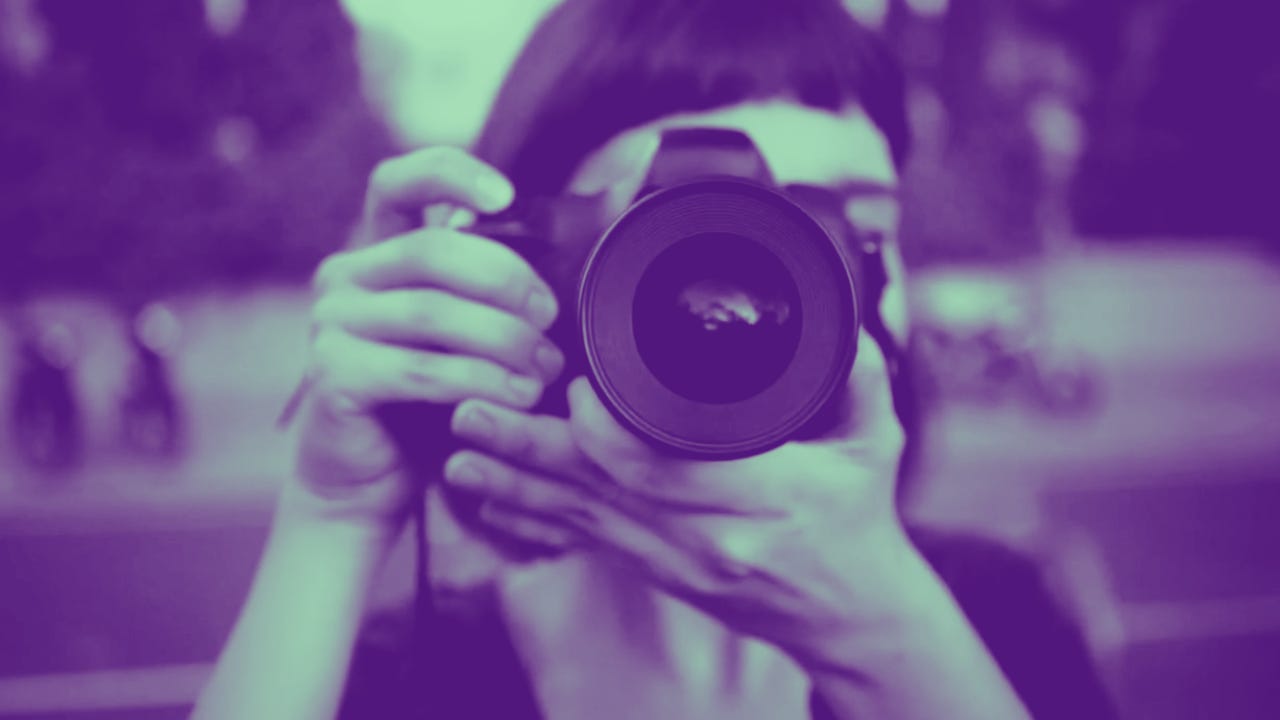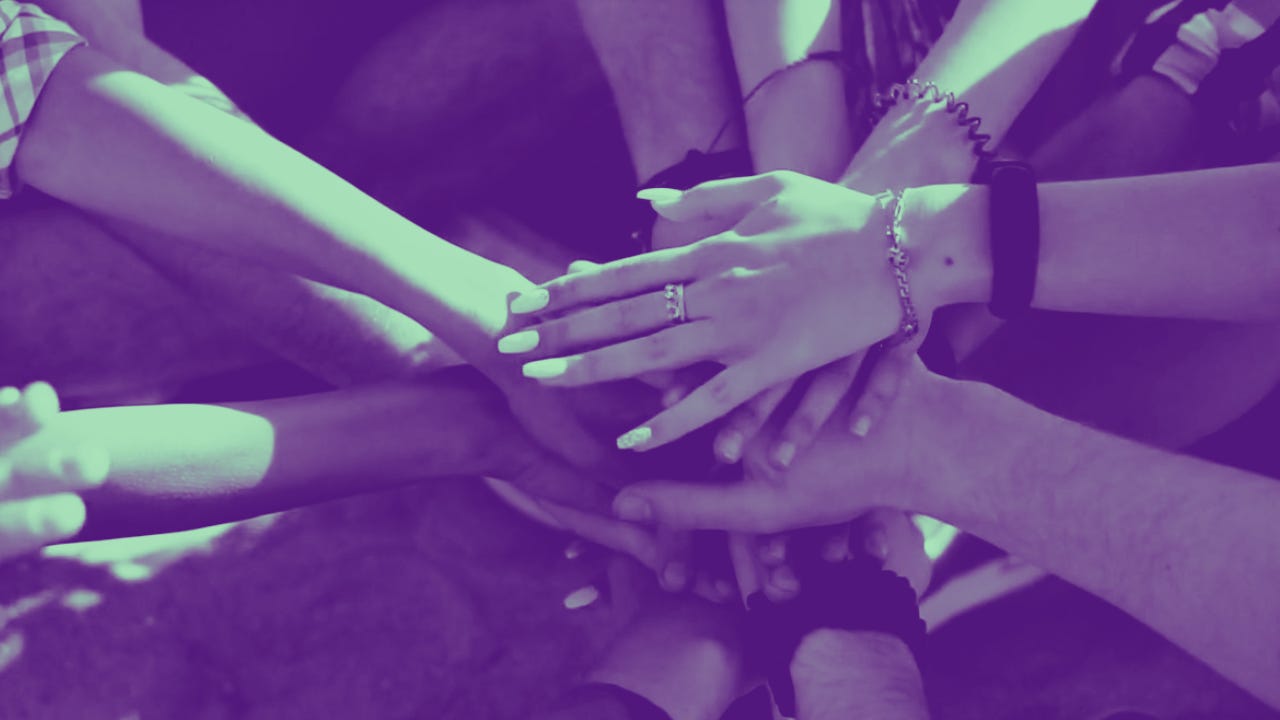This week, it's my pleasure to host the first guest post ever, on
!In a world where job titles too easily become our identities, Suma’s words are a reminder to pause, reflect, and reclaim the fullness of being human, even in tech.
Her post starts on the floor of an empty apartment and ends somewhere far more expansive.
Let’s begin…

It's 7:31PM on a Tuesday.
I'm sitting on the floor of my empty apartment, recovering from a migraine, and staring at my laptop screen after another day building AI products. My Teams notifications are finally quiet, my emails are (sort of) answered, and for the first time today, I have a moment to breathe.
I will continue moving across the country tomorrow, but tonight, I'm thinking about identity.
Here's something that keeps me up at night.
I can't remember when someone new asked me about anything besides my work.
"What do you do?" has become the modern equivalent of "Who are you?".
Between sprint planning and the latest AI headline, I realized I'd started answering that question the same way by defining myself entirely through my job title and the products I ship.
This isn't just my story.
It's the story of countless people working in tech, especially those of us building AI and with AI, who feel like they're reshaping the world daily.
The pace is relentless, the stakes feel enormous, and the line between work and identity has blurred beyond recognition.
The Identity Trap
Working in AI comes with unique intensity.
Every day feels like building the future, solving problems that didn't exist five years ago, racing against competitors and our own obsolescence.
The work is intellectually stimulating and potentially world-changing.
But this creates what I call the "identity trap."
The impactful nature of our work makes it easy to let it consume not only our time but also our sense of self.
I've watched brilliant engineers introduce themselves by their GitHub contributions, product managers define their worth by launch metrics, and data scientists measure value through research publications.
We've become so good at optimizing systems that we've started treating ourselves like systems to be optimized.
The problem isn't caring about our work.
The problem is when work becomes the only lens through which we see ourselves, and others see us.

What We Lose
When I reflect on who I was before my career consumed my identity, I remember someone who wrote poetry on napkins, could spend hours in bookstores without checking her phone, and had opinions about art that had nothing to do with Veo-3.
That person still exists, but she's under professional development and constant pressure to stay relevant in a daily evolving field.
This isn't just about personal fulfillment.
It's about empathy and emotional intelligence in our work relationships.
We miss the full humans behind the Team's screens when we only know colleagues through their professional personas.
How can we build technology that serves humanity if we've forgotten how to be fully human?
Reclaiming the Spaces Between
The solution isn't caring less about work or artificially separating professional and personal selves.
It's about intentionally creating spaces where other parts of us can breathe.
Start with curiosity outside your domain. What fascinates you that has nothing to do with your expertise? For me, it's returning to creative writing. Not PRFAQs or code documentation, but messy explorations of what it means to be human in an AI-driven future.
Practice introducing yourself differently. Instead of leading with your job title, try leading with a current curiosity, a recent book that changed your perspective, or something you're learning unrelated to work.
Create rituals of disconnection. This means creating moments where you engage with parts of yourself that work doesn't touch. Cooking without productivity podcasts, taking photos of things that catch your eye, having conversations about anything except tech.
Ask different questions. When meeting people, instead of immediately asking what they do for work, try asking what they've been excited about lately or what's surprised them recently.

The Human Connection
Maybe unintuitive?
The more I reconnect with parts of myself beyond my professional identity, the better I become at my actual job.
When I remember that I love connecting with people and find joy in conversations about kimchi with strangers, I bring more creativity and empathy to solving technical problems.
Understanding our whole selves makes us better at understanding our users, colleagues, and the human problems we're solving with technology.
A Continuous Journey
I'm still figuring this out.
Some weeks, I maintain a balance between professional growth and personal depth.
Other weeks, I disappear into work and have to consciously remind myself to surface.
But I've noticed something beautiful.
When I let myself be a full person (someone who codes and writes poetry, builds products, gets excited about long walks on the waterfront, thinks deeply about AI ethics, and has strong opinions about fictional characters), I show up more authentically everywhere.
"Who are you beyond 9-5?" isn't just about work-life balance.
It's about remembering that we are complex, curious, evolving humans who happen to do meaningful work.
In a world where technology is increasingly central to human experience, maybe the most important thing we can do is stay deeply, messily, authentically human.
This guest post was written by
. She explores the intersection of AI and humanity through writing and building, discovering who she is with a blend of poetry, code, and soul. An AI/ML scientist by trade and human by birth, Suma writes about the messiness of being human while building with AI. Find her blog "For Humans" at sumamovva.substack.com and follow her journey on LinkedIn for building with AI made simple.💖or Comment on this post to help
expand the reach of her work!






Colette and Suma, thank you for putting these feelings into words.
How easy it is to let work take over our identity, especially in tech, where everything moves so fast.
I love how you, Suma, remind us that we’re more than our job titles, that the messy, creative, curious parts of ourselves matter just as much. It’s so important to hold on to those things, even when work feels all-consuming.
Wishing you space to breathe and keep being your whole, beautiful self.
Thank you so much for writing it.
I feel exactly the same, we must return to ourselves first to become better at everything, not only work.
I wrote just about how I dream this can be achieved leveraging AI and how tech companies work in my blog post: AI for Humanity - One Day, Every Two Weeks, For What Matters
https://aihumanity.substack.com/p/hi-for-humanity-one-day-every-two?r=supoi